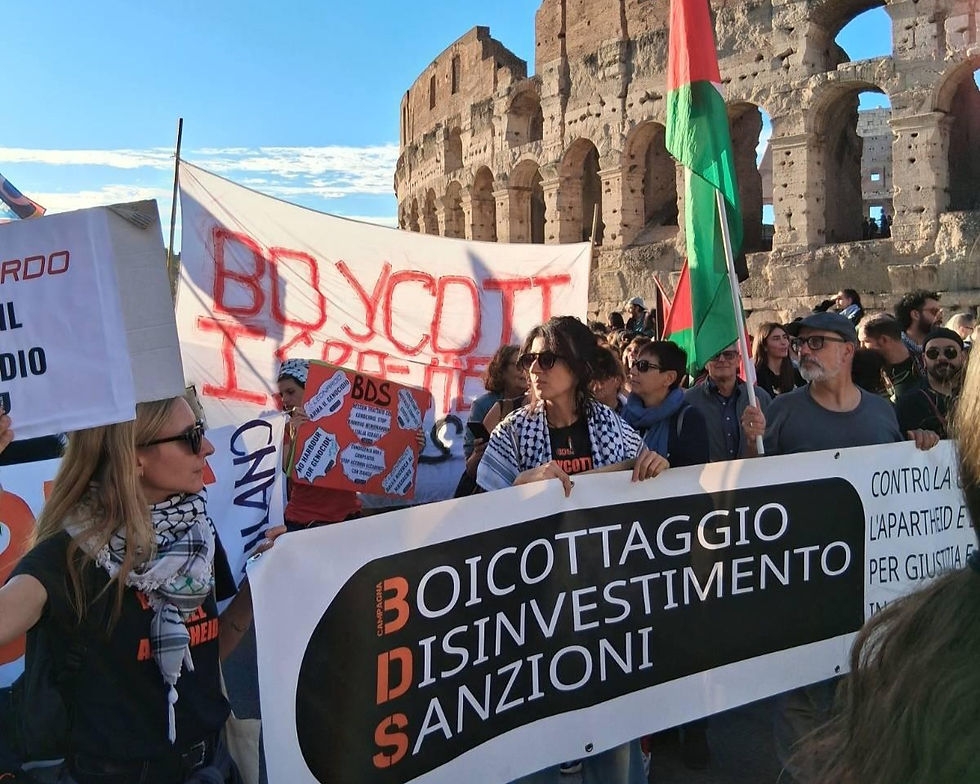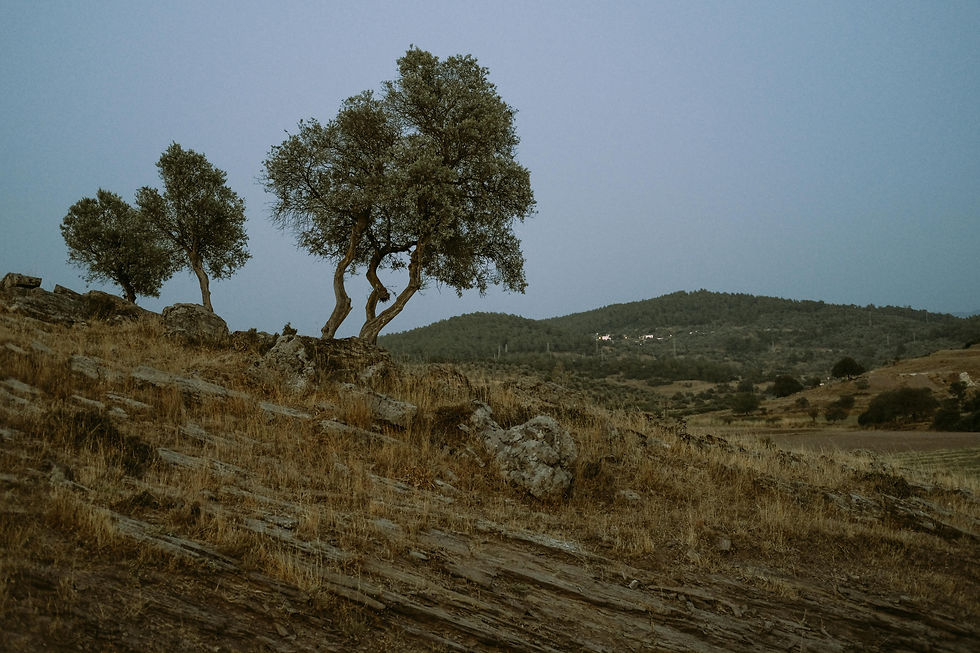Being Eco-Conscious: What’s Even the Point?
- Annalisa Renna

- Jan 5, 2022
- 3 min read

“Each child belongs to all of us and they will bring us a tomorrow in direct relation to the responsibility that we have shown them.” – Maya Angelou
A tutorial on how to make rubbish bin liners from old newspapers. Instructions for creating your own soap bars. Delicious vegan recipes. A list of zero-waste shops. A detailed comparison between reusable vs disposable nappies. Tips for growing your own food.
My friend had it all figured out on her Instagram account.
I loved following her stories. She inspired me. She gave me a reason (and the tools) to keep improving my eco-friendly lifestyle. She made it so easy to buy less – and pollute less.
Until she stopped posting.
What’s even the point? She answered when I asked why she had stopped.
You become so focused on constantly finding greener ways to live, that you miss the point altogether. Individual choices only amount to a fraction of the problem. It’s not - and never will be – about my recycling. It’s international corporations and governments that are responsible for the overwhelming, heart-crushing, majority of carbon emissions.
Yes, but surely our actions count, don’t they?
They do, collectively. But individually? We are not the ones to blame! Think about it. It is as if corporations are diverting the public attention from their devastating actions to every person’s individual choice. They managed to create a narrative in which we need to live in a constant state of atonement to do the right thing while they keep doing whatever they have always done, getting richer by polluting. Why is the burden suddenly on us – individuals – while we know for a fact that the real difference will only be made if there is a global shift in the way the economy works? I realised that with my Instagram posting I was inadvertently playing into the hands of the system. I was being complicit.
You see, they are now profiting from our eco-conscious lifestyle. Food brands offering meat-free alternatives while continuing to produce meat; car brands luring us into buying their electric vehicles while we know that what we need is to stop buying cars altogether. And the worst of them all: energy providers selling us green energy while continuing to extract fossil fuels. Bottom line: we just need to buy a different product, but we still need to buy it, and we need to buy it from them!
And while we keep taking to the streets, shouting that we ARE ready for a systemic change, it seems that nobody – including our governments – is listening; instead, we are made to feel that WE are the problem.
I agree with every single word my friend said. What’s even the point? We should just concede defeat and wait for our inevitable doom. Except that I cannot do that.
There is something that stops me from throwing everything into the (recycling) bin and just getting on with my life. I call it a sense of responsibility towards the present and the future, and it is different from guilt. I do not accept that I am personally to blame for the appalling state of our planet and most definitely not by the people who have caused the most harm to it. I also do not accept to fall for what someone else has cleverly called micro consumeristic bollocks, by focusing on small issues which fail to address structural social, racial and gender injustice too. My everyday activism cannot stop at buying a different brand of food or choosing a hybrid car. I refuse to wrap myself into my own self-righteous cocoon made of homemade soaps or take comfort in my daily eco-conscious actions.
Yet, there is a point in being eco-conscious. Unfortunately, it is not the immediate positive impact on the planet that humanity is longing for, as my friend rightly pointed out. Personally, it is the long-term re-definition of the collective behaviours by which we’d hope to be remembered as human beings, and with which we’d hope to influence the next generations. My actions, even if small, need to be connected to the collective and framed into a paradigm that disrupts the polluting, patriarchal and racist status quo. It’s a hell of a job, and it’s relentless, but I don’t see an alternative. To paraphrase Angela Davis, I need to behave as if every action I take has the potential to radically change the world. Every day.









For anyone curious about their kinks but wanting a discreet way to explore them, online resources can be invaluable. Privacy is often paramount when you're delving into personal desires. An online kink test can offer a safe and confidential space to reflect on various aspects of BDSM and alternative sexualities. The questions are designed to help you consider different scenarios and preferences, which can lead to a better understanding of your own unique interests. Think of it as a tool for self-exploration rather than a definitive assessment. It can help you identify themes or activities you might want to learn more about, all at your own pace and without any external judgment, which is crucial for comfortable exploration.